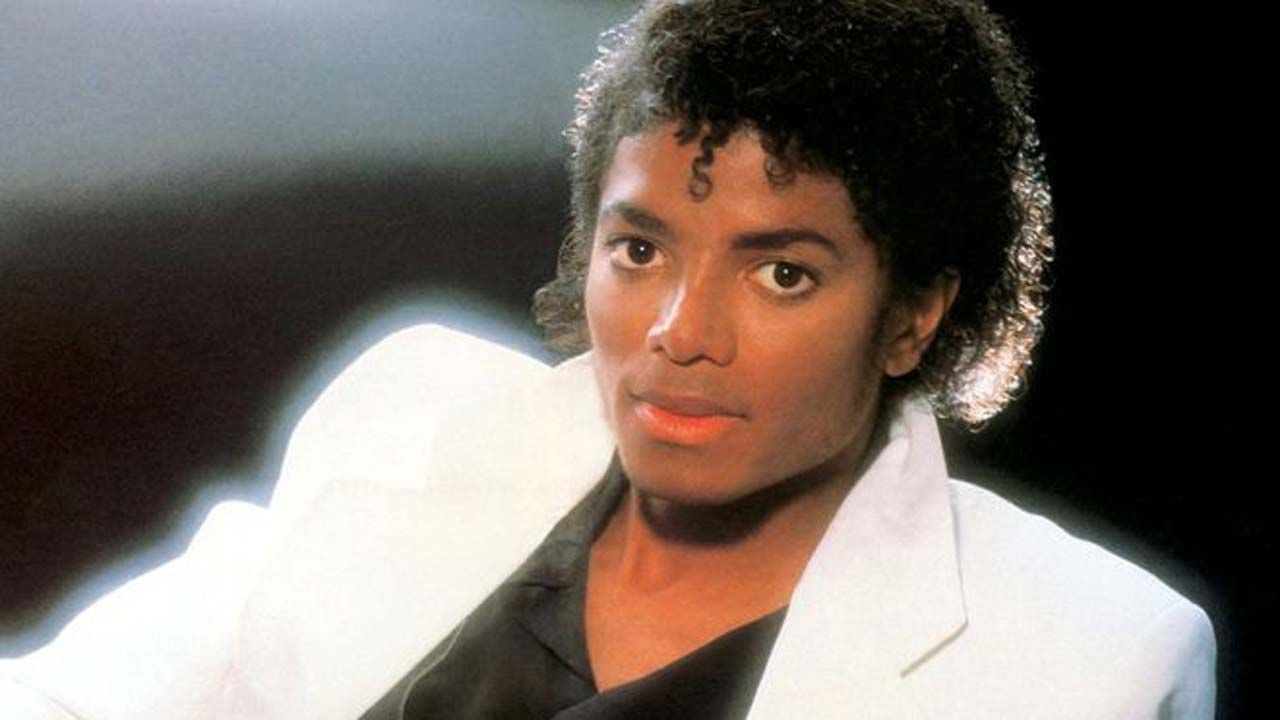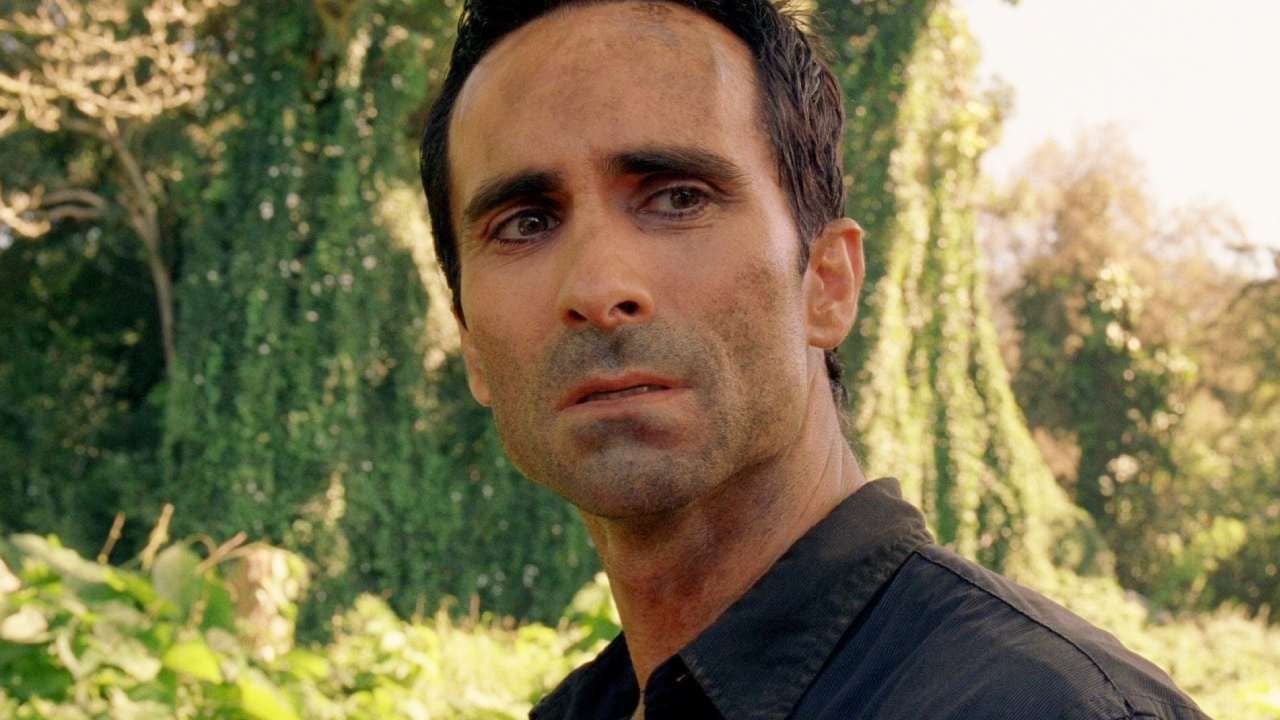Articles about Harvey Weinstein and the subsequent #MeToo movement unleashed an avalanche of accusations against powerful figures and ultimately reconfigured the way the press covers stories of power and sexual abuse.
According to Ronan Farrow, whose investigative journalism work was pivotal Harvey Weinstein, “the desire to report this type of crime is stronger in the newsrooms than five years ago”. “It looks like we are in a very promising era in terms of the willingness of journalists and publishers to chase sacred cows and confront powerful institutions,” the magazine contributor told AFP. The New Yorker.
Farrow’s revelations about Weinstein earned him a Pulitzer Prize in 2018, which he shared with Jodi Kantor and Megan Twohey, two reporters from New York Times. They both declined to be interviewed for this article.
After the first stories published by these two outlets in October 2017, media coverage of #MeToo and sexual abuse cases increased by 52% the following year, according to the feminist organization Women’s Media Center. “This was a year where the media and the truth itself were besieged,” the organization’s president said when the study was published.
“By exposing hideous individual and institutional practices, we see an opportunity for new transparency and permanent changes towards greater equality and empowerment for women.”
After the Weinstein case, allegations of criminal acts by prominent figures such as financier Jeffrey Epstein and or singer R. Kelly they were reexamined in the light of a new era and their accusers were taken much more seriously.
For Scott Berkowitz, president and founder of the US organization against sexual violence RAINN, “one of the great consequences of #MeToo has been to show people who are not alone, that this is something that happens to millions of people.”
RAINN runs America’s national sexual assault hotline, and calls have doubled in the five years since #MeToo, according to Berkowitz.
“I think seeing more conversations on the subject makes them feel more confident talking about what they’ve been through,” he says. Since Rainn’s inception nearly 30 years ago, “there has been a steady improvement in the way we treat the subject,” Berkowitz told AFP.
“The media as a whole are now much, much more aware that there is a survivor behind the story,” and so they cover it “with empathy and understanding,” he says. Also, Farrow explains, in recent years journalists have come to believe that sexual violence deserves investigation, like corporate or national security crimes.
“I think part of the problem that has arisen around this particular problem is that there has been a kind of silencing of sexual violence, which has been seen as a less refined topic than other types of crime reporting,” he says. But while the press has clearly raised the visibility of #MeToo and amplified the debates on sexual violence, limiting factors remain.
The conversation remains centered around the experiences of celebrities and white women, according to a 2019 study analyzing British press coverage #MeToona by Sara De Benedictis, Shani Orgad and Catherine Rottenberg. Her analysis of the first six months of coverage of #MeToo led to the conclusion that the movement helped to reinforce a version of feminism that “puts white women first, and often white women with a substantial amount of financial capital. social and social “. cultural.”
However, Berkowitz says the move has prompted companies to take a more proactive role, “in terms of educating and ensuring they respond better to allegations of sexual misconduct” and this is “a tangible way” to help people in the lives of everyday. The RAINN director further argues that while “activities and understanding have improved (…), it is unclear whether this has already translated into a real reduction in sexual violence.” Therefore, he argues that they continue to pay “constant attention” to information about the abuse: “Constant coverage of this will impact people and remind them how common it is and what they can do to help stop it.”
+The best content in your email for free. Choose your favorite Earth Newsletter. Click here!
Source: Terra
Emily Jhon is a product and service reviewer at Gossipify, known for her honest evaluations and thorough analysis. With a background in marketing and consumer research, she offers valuable insights to readers. She has been writing for Gossipify for several years and has a degree in Marketing and Consumer Research from the University of Oxford.







